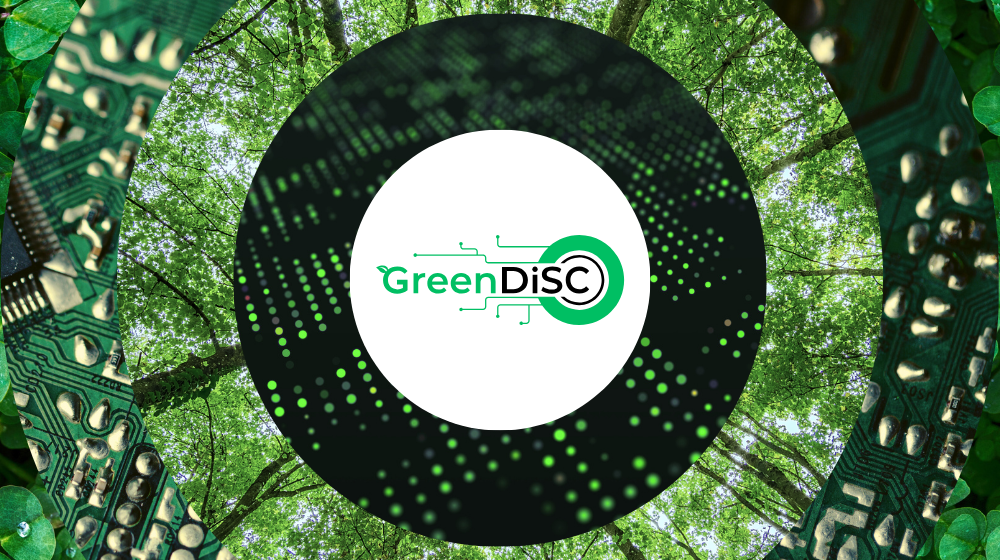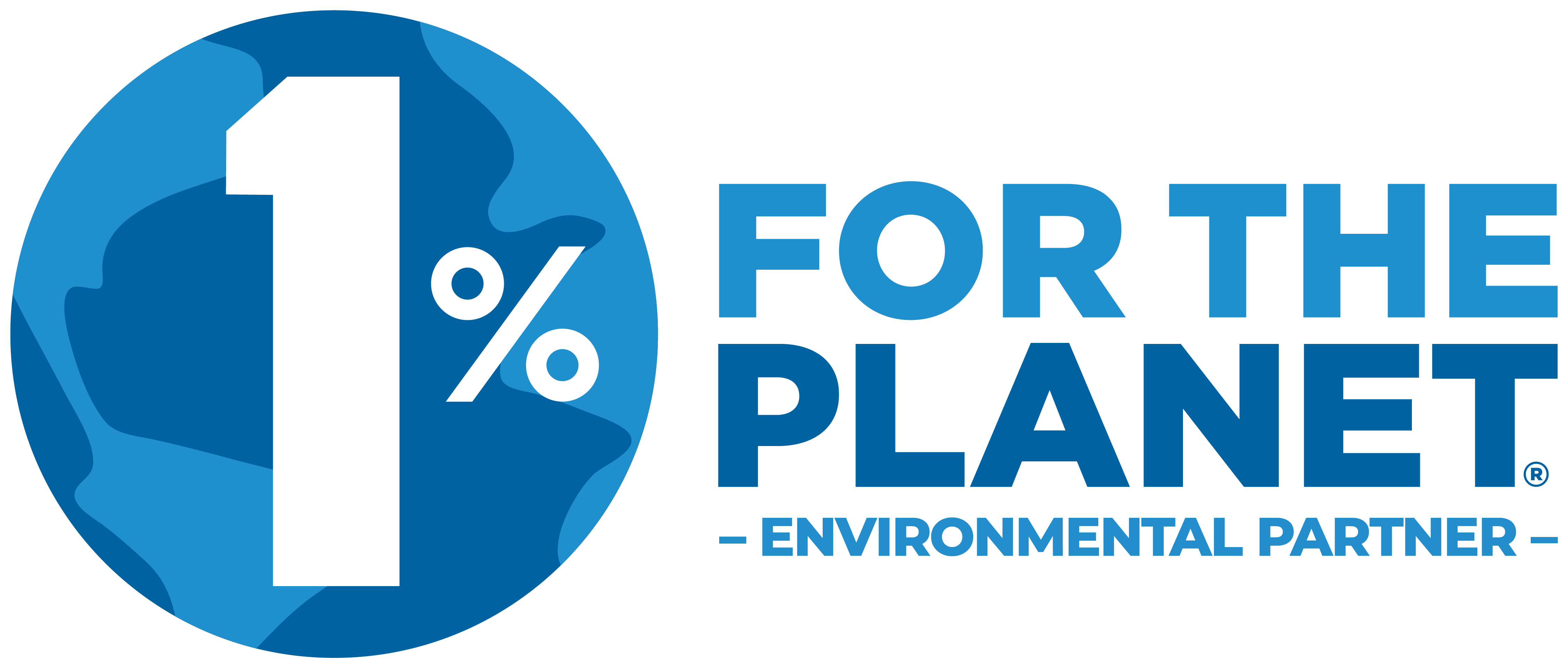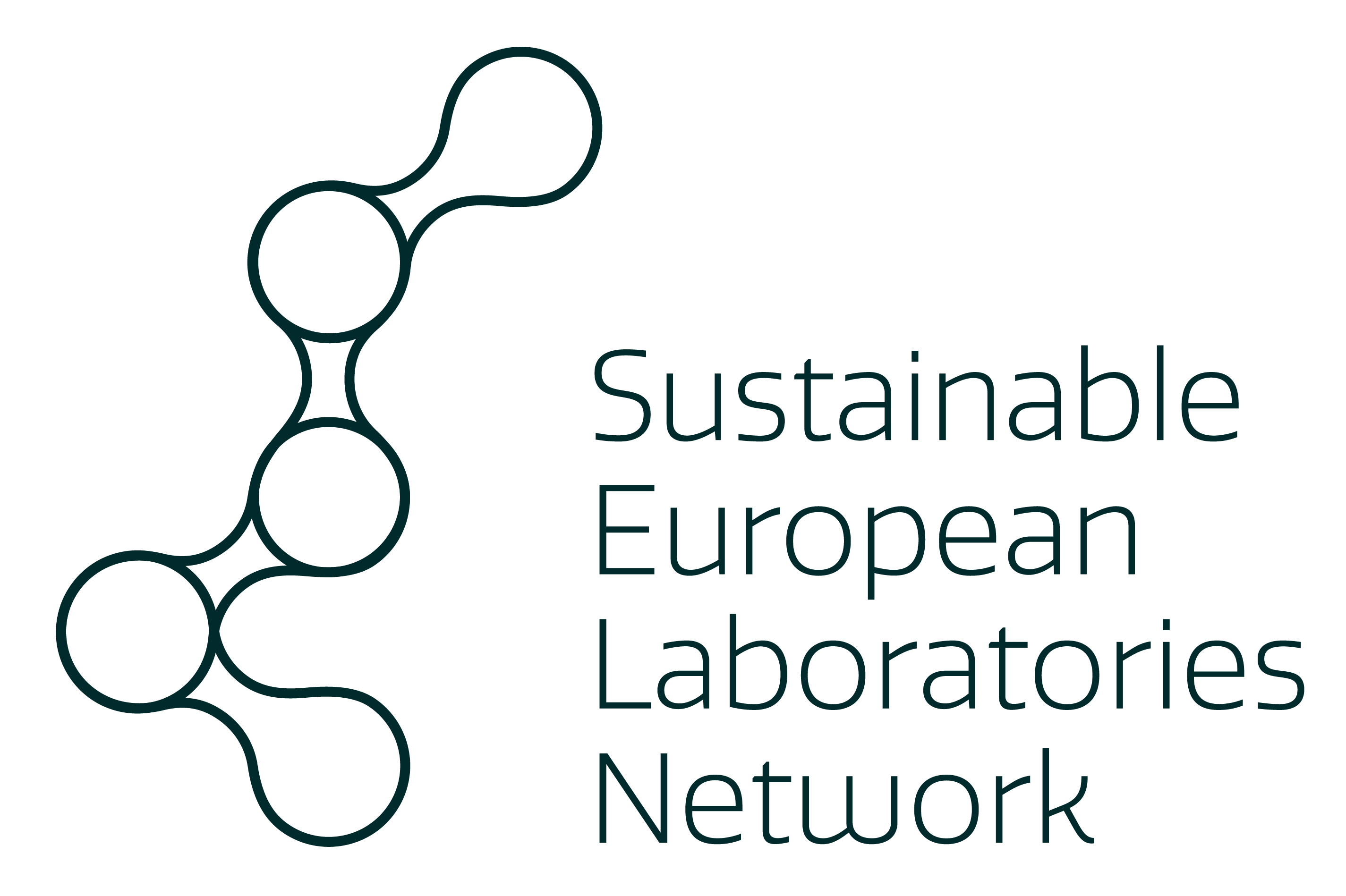GreenDiSC: a Digital Sustainability Certification program
What is GreenDiSC?
A 3-tiered sustainability certification scheme for labs (bronze, silver, gold).
Open Access
Free to join, open access resources and community based.
GreenDiSC in NL:
University of Groningen contributed to pilot the GreenDiSC scheme.
Background
Computing is an essential component of modern research, and it comes with significant, but not always well-understood, environmental impacts. With the urgency of the climate crisis, it is becoming increasingly apparent to scientists using computing that the resulting environmental effects should be taken into account and mitigated where possible. A few figures: the global carbon footprint of data centres is estimated at ~100 MT CO2e per year (mega tonnes of CO2-equivalent), equivalent to the entire US commercial aviation. It is not uncommon to have scientific computations reaching tonnes of CO2e and some Artificial Intelligence models have been shown to pass 500 T CO2e. For context, the IPCC target to keep global warming under 1.5C is around 2 tonnes per year and per person. Contrary to wet labs for example, until now computing groups didn’t have a roadmap on how to tackle the environmental impacts of their work.
The GreenDiSC certification scheme
Green DiSC is a new certification scheme which provides a roadmap for research groups and institutions who want to tackle the environmental impacts of their computing activities. It can be completed by anyone working in research, across any research domain. There are criteria aimed at research groups and separate criteria for central teams (e.g. a sustainability team or an IT team). Research groups and central teams will work together to complete the process, with the central team addressing common infrastructures and research groups focusing on their activities, but of course, it can also be completed independently (just as a group or just as a central team). A research group can be a fully “dry lab” or computing research group (e.g. computational biology, astrophysics, statistics, machine learning, engineering, chemistry etc.), while central teams are for example IT teams within an institute or an organisation’s central sustainability team. This platform is free and open-access. You can have a look at the bronze criteria here.
How does it work?
Three levels of certifications will be available: Bronze, Silver and Gold. The criteria were selected following some key principles:
- Evidence-based, to ensure that the criteria included have the maximum impact on research sustainability while favouring engagement with the framework.
- Open access, so that all scientists can engage with this framework.
- Iterative, so that the criteria developed evolve as institutions’ policies change and our understanding of environmental impacts progresses.
- Community-based, to leverage the great resources being designed internally by different institutions.
Once you signed up, a Google Drive space will be created for your team, where you will find more guidelines on how to manage the scheme and support on working your way through the Bronze level. You will also be given access to a closed group on the ESCS Forum to ask questions and connect with other groups taking part, and you will have a point of contact for any question you may have.
Once you’re part of the scheme, it depends slightly on whether you are representing a research group or a central team at your institution. Either way, you will then have several months to make your way through the criteria. Each group/institution taking part will be audited by outside auditors to receive the certification. This will mostly be achieved through peer audit: each group taking part will commit to audit other groups, because the certification scheme is free to enroll, but not free to run, and community-based auditing is a good way to keep a low barrier to entry. The audit will involve reviewing the written application for the Bronze criteria, followed by a meeting (online for Bronze) to discuss these and ask for clarification.
Participating Institutes in NL
Is your institute working with GreenDiSC, but not in our list? Let us know! If you share your progress and experience, we can keep track of labs in the Netherlands that make a difference using GreenDiSC.
People working on this project
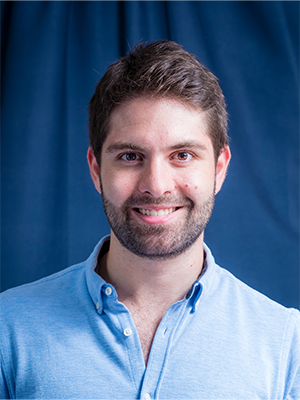
Loïc Lannelongue
Senior Research Associate in Biomedical Data Science at University of Cambridge
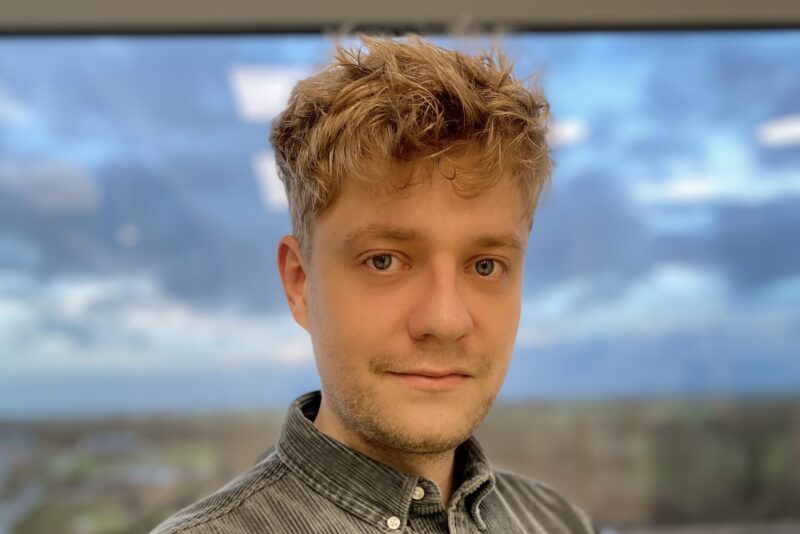
Thomas Freese
Sustainability Coordinator at University of Groningen

